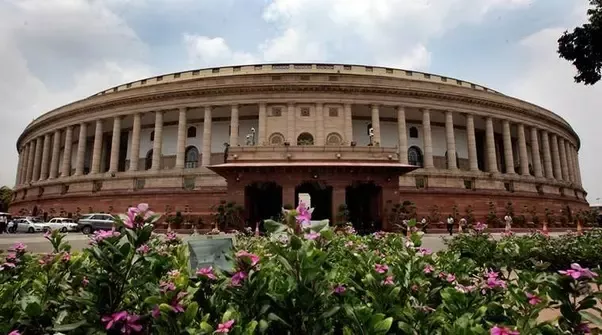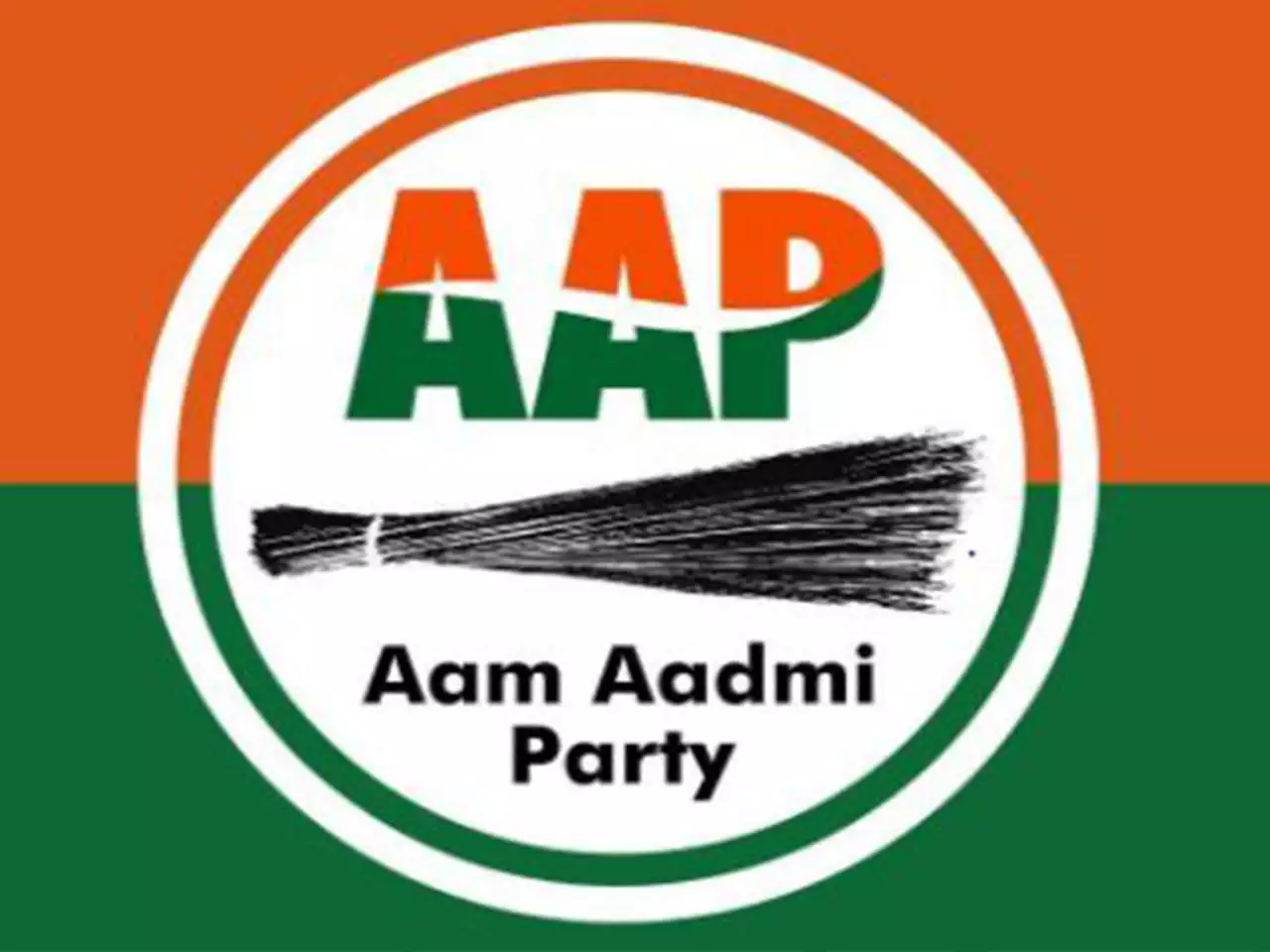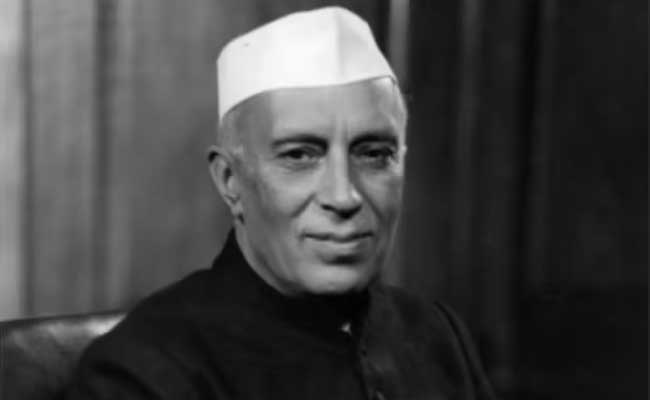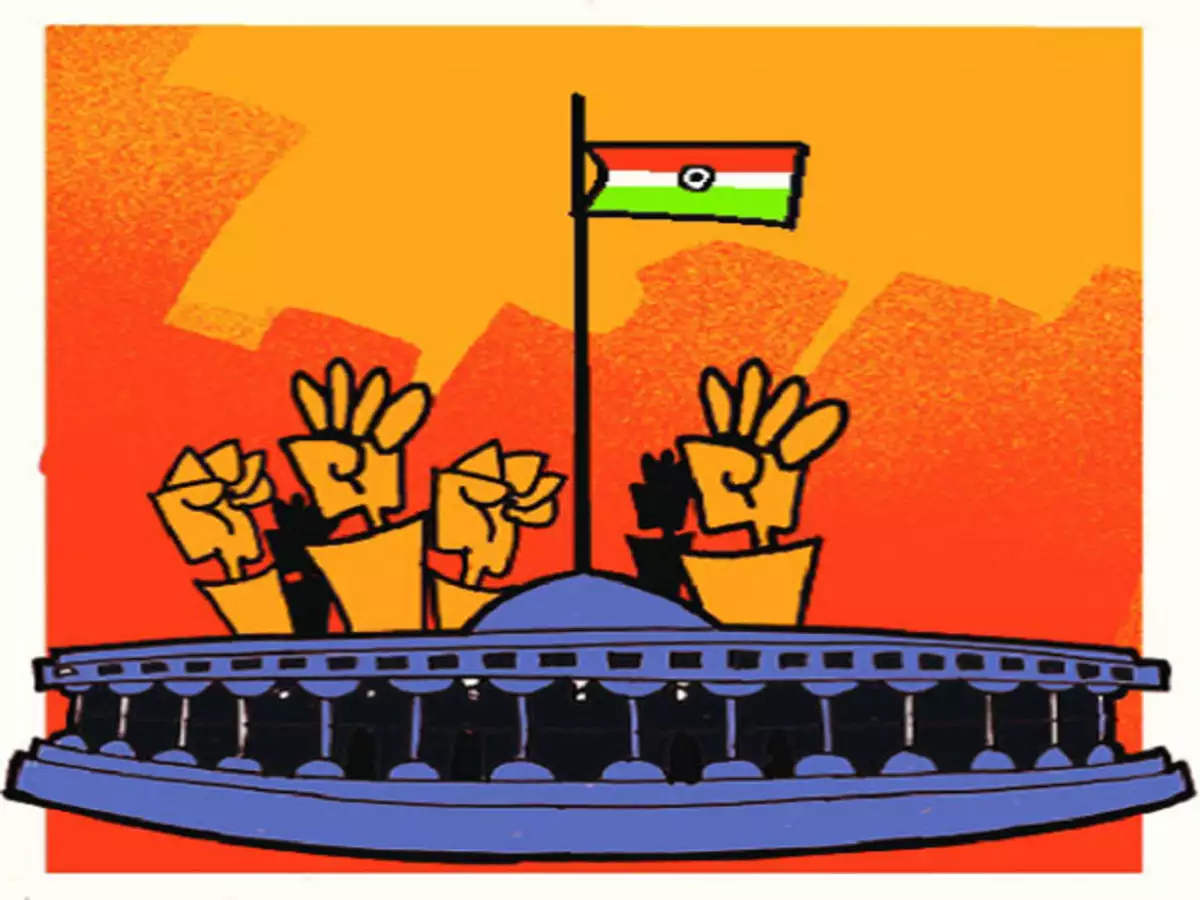Introduction:
The Lok Sabha, also known as the House of the People, is the lower house of the Parliament of India. It plays a vital role in the democratic governance of the country, representing the diverse voices and aspirations of the Indian citizens. With a rich history and significant legislative powers, the Lok Sabha stands as a crucial pillar of India’s political landscape.
- Origins and Composition:
The Lok Sabha was established on 17th April 1952, following the adoption of the Constitution of India. It consists of members elected by the people through a general election held every five years. The total number of seats in the Lok Sabha is currently set at 545, with 543 seats reserved for members elected from different constituencies across India, and 2 seats nominated for representatives of the Anglo-Indian community.
- Role and Responsibilities:
a. Legislative Power: The Lok Sabha holds the primary responsibility of enacting and amending laws. It participates in the legislative process by introducing bills, scrutinizing proposed legislation, and voting on their passage. The lower house has the power to initiate money bills, which deal with taxation and government spending, giving it significant control over the nation’s finances.
b. Representation of the People: As the representative body of the people, the Lok Sabha provides a platform for citizens to voice their concerns and raise important issues. Members of Parliament (MPs) act as intermediaries between the people and the government, representing their respective constituencies and conveying the needs and aspirations of the public.
c. Oversight and Accountability: The Lok Sabha exercises its oversight function by examining the work of the executive branch, including the government’s policies and actions. Through question hour sessions and parliamentary debates, MPs hold the government accountable for its decisions and demand transparency in governance. This mechanism ensures a checks-and-balances system within the democratic framework.
- Speaker and Committees:
The Lok Sabha is presided over by the Speaker, who is elected by its members. The Speaker maintains order and decorum during sessions, ensures fair debate, and decides on points of order. The house also constitutes various committees, such as the Public Accounts Committee, Estimates Committee, and Standing Committees, which delve into specific issues, examine legislation, and make recommendations.
- Representation and Diversity:
The Lok Sabha is a reflection of India’s diverse society, as it aims to represent the varied socio-cultural and political landscape of the nation. Members come from different backgrounds, languages, religions, and regions, providing a platform for inclusive and democratic decision-making. This diversity ensures a comprehensive and robust representation of the Indian populace.
- Importance and Impact:
The Lok Sabha holds immense significance in shaping India’s democratic fabric. It serves as a platform for deliberation, consensus-building, and decision-making on crucial issues that impact the lives of millions. Legislative debates, policy formulation, and budget discussions take place within its hallowed chambers, making it a dynamic arena for the evolution of the nation.
Conclusion:
The Lok Sabha stands as a testament to the democratic ideals of India. It represents the aspirations of the people, ensuring their voices are heard and acted upon. Through its legislative powers, accountability mechanisms, and diverse composition, the Lok Sabha remains an indispensable institution that continues to shape the destiny of the nation. As India progresses, the lower house of Parliament will continue to evolve, adapt, and uphold the principles of democracy and governance.
![]()





